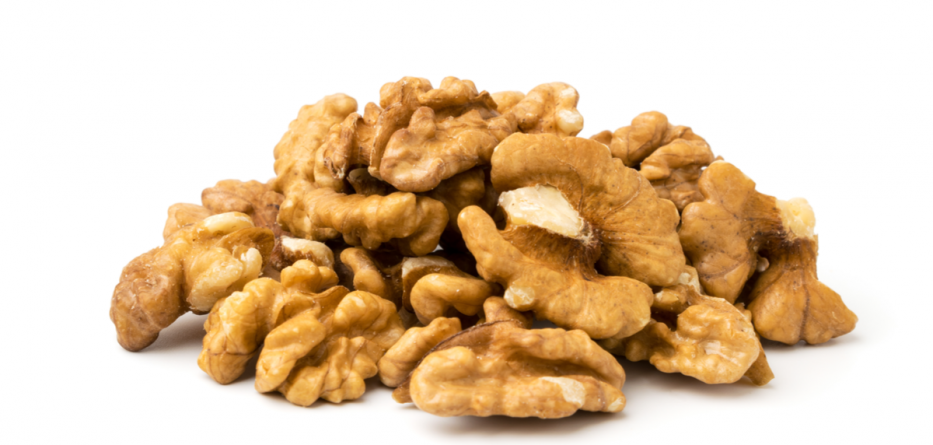1.Consume a healthy breakfast.
Skipping breakfast can leave you feeling tired for the rest of the day. This is why breakfast is considered the most important meal of the day. A good breakfast should consist of healthy protein such as yogurt or eggs, fresh fruit or vegetables, and some low-sugar, high fiber carbohydrates such as whole grain cereal or oatmeal. Add a few almonds or walnuts for an additional energy boost and to regulate blood sugar by providing your body with healthy omega-3 fatty acids.
Tips: Try making a breakfast smoothie by combining fruit, yogurt, wheat germ, and other ingredients in a blender with a bit of ice for a quick, high-energy breakfast.
2.Have smaller meals.
Rather than having three large meals, you can boost your alertness and body’s energy by having small meals throughout the day. Your brain needs a steady supply of nutrients to stay energized throughout the day. Large meals can also increase the production of tryptophan in your body, an essential amino acid that induces sleep. Studies show that eating smaller meals, especially during the afternoon, helps regulate blood sugar, which prevents you from feeling fatigued after eating.
Tips: Try to eat four or five small meals a day, consisting mostly of fresh fruits, vegetables, and nuts to help boost your metabolism and prevent daytime drowsiness.
3.Eat a high-protein diet.
Protein helps boost energy levels because it is required for many of the body’s metabolic processes. Eating a high-protein breakfast or lunch may help you to stay energized throughout the day. Avoid processed meats, red meat, and margarine because these can raise your cholesterol levels, slow down metabolism, and cause drowsiness.
Tips: Eat more healthy foods that are rich in protein, such as eggs, quail, chicken, turkey, salmon, tuna, trout, sardines, beans, pulses, natural cheese, and Greek yogurt.
4.Drink plenty of water.
Water is the main component of blood and is essential for carrying nutrients to the cells and taking away waste products. Not getting enough water can slow down your body’s metabolism and make you feel fatigued. Aim to drink at least eight ounces of water every two hours. Non-caffeinated, glucose-free sports drinks with electrolytes can help you stay hydrated as well.
Tips: To maintain your energy level while you exercise, drink an eight ounce glass of water before you start and another after you finish. If you’ll be exercising continuously for longer than 30 minutes, drink small amounts every 15 to 30 minutes.
The average adult should have around two liters of water every day. If you drink caffeinated beverages, increase your water intake to 1 liter of water for every cup of caffeine you have.




